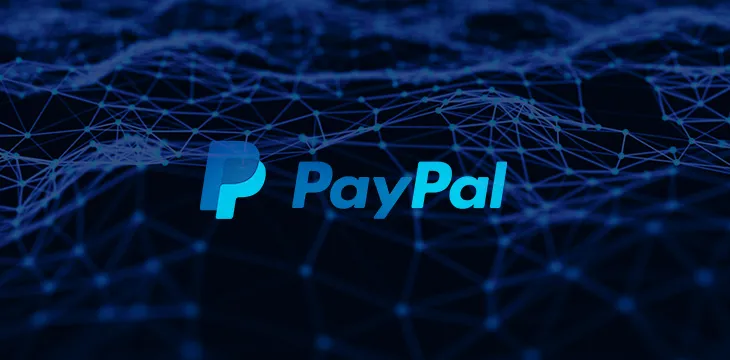|
Getting your Trinity Audio player ready...
|
Cryptocurrency simply makes sense. User A has a wallet with cryptocurrency in it, the same as with a physical wallet with fiat assets. The user takes the wallet out of his or her back pocket and pays for a purchase with the currency, the same as with a debit card or cash. As opposed to card-based transactions, though, the fee is literally only a fraction of a penny regardless of the amount of the transaction. Because of the ease with which transactions are possible and the extremely low associated fees, it’s no surprise that more money-based businesses are contemplating their own crypto alternatives. The latest to be considering a possible transition is one of the oldest alternative payment platforms that exists—PayPal.
PayPal is considering getting into blockchains and crypto, but acknowledges that it isn’t exactly ready to jump into the deep end. The company’s chief financial officer for crypto and blockchain tech, John Rainey, told Yahoo, “We have teams clearly working on blockchain and cryptocurrency as well, and we want to take part in that in whatever form that takes in the future—I just think it’s a little early on right now [on Bitcoin].”
The difference in cost between a transfer using fiat and a transfer using crypto is staggering. As accurately explained by Crypto Michael on Twitter, “Transferring abroad $100,000 in $BTC [Bitcoin Core] through the Blockchain: fees of $5-50. Transferring abroad $100,000 of value through Paypal: fees of $1,500-4,000 + PayPal is able to lock the amount for some period…”
Crypto transactions are virtually instantaneous. There is an established, but unwritten, protocol that establishes each transaction should receive six or more confirmations on the blockchain before it is considered legitimate, but these confirmations typically happen in rapid succession. In addition, the number is arbitrary and is not a requirement—as soon as a single confirmation is listed on the blockchain, the transaction can be considered valid.
PayPal will most likely get its feet wet by embracing blockchain technology first. It has already started to invest in blockchain projects and could eventually roll out a blockchain solution for its own platform that would offer greater customer protection and security from data breaches.
The company will most likely take a deeper step into crypto soon after. It already filed a patent for a system designed to speed up payment transactions and, as the main obstacle to widespread adoption, once that hurdle is crossed, retail adoption is going to explode.

 07-13-2025
07-13-2025 





